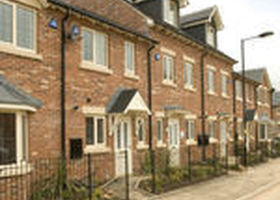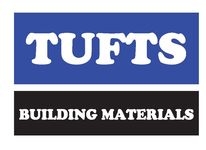
The dealing brokerage said very few options were left to stimulate growth and argued house building looked a viable way to drive growth.
Head of global research at Tullett, Dr Tim Morgan, said the money could be raised from a tax on second homes and receipts from the sale of the most expensive social housing.
The latter sell-off idea was floated by think tank Policy Exchange last month as a way of raising up to £6bn to build 80,000 and 170,000 units a year.
Morgan said the programme needed to be even more ambitious and must be delivered by councils or housing associations, avoiding “private-public gimmicks like PFI”.
“The government and social sectors should act as owners and commissioners of new housing, while the role of the private sector would be to build the new homes as contractors.”
He warned the Government’s main challenge would be tackling the ‘Nimbyism’ created by an ambitious social housing programme.
“Government would almost certainly need to reform and streamline the planning system, face down local objections and expose such selfishness for what it is,” he argued.
“The political challenges facing a new building programme should not be under-estimated, but rational calculation surely shows that this is far exceeded by the economic potential of a national housing programme.”
He added: “Longer-term, a house-building programme will pay for itself, both through enhanced economic growth and through a reduced housing benefit burden.
“Nearer term, the divestment of the highest-cost social housing, and additional levies on second homes, can make significant contributions to defraying the cost.”
Mike Leonard, Director of the Modern Masonry Alliance, said: “The Get Britain Building Campaign is clear in its call for 25000 additional public rented homes to be built in the next 18 months to boost jobs and growth.
“We welcome this latest call but it is action rather than words that is needed now to create demand for our struggling building materials manufactures and create thousands of jobs in the construction of these much needed homes.
“This together with a cut in VAT to 5% on the labour element of home improvements for 12 months will be key factors in driving economic growth and recovery.”




















































